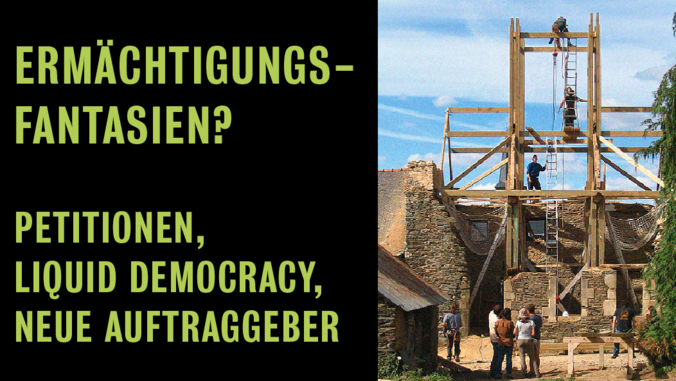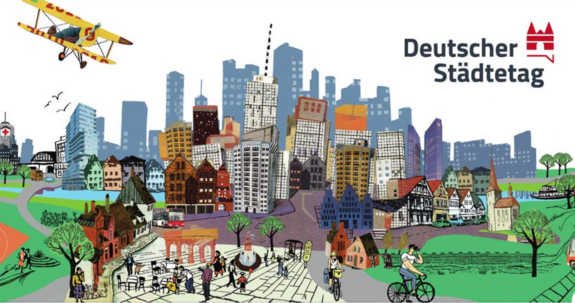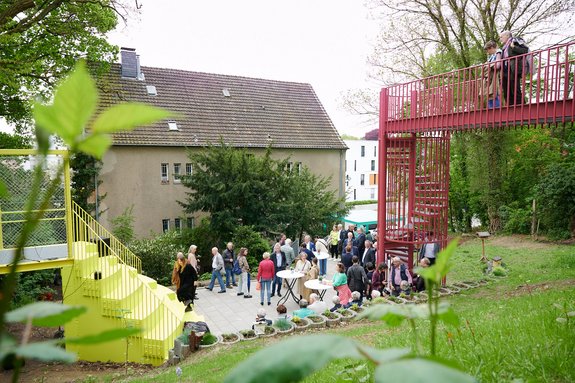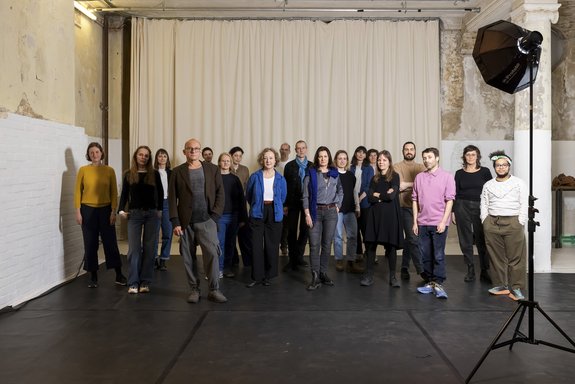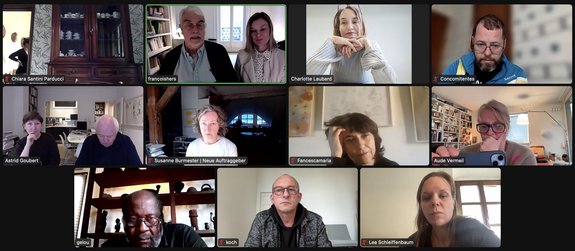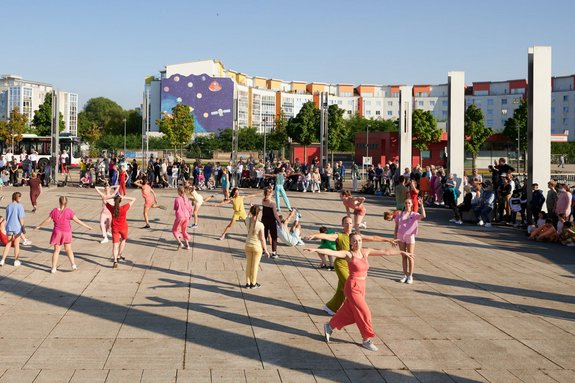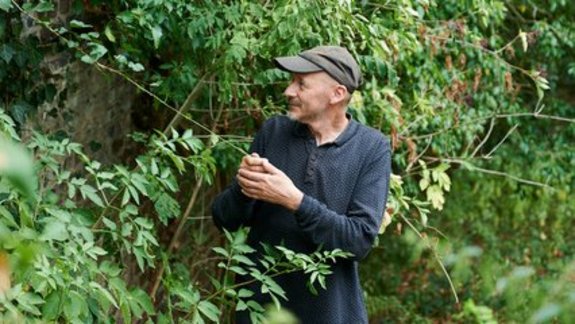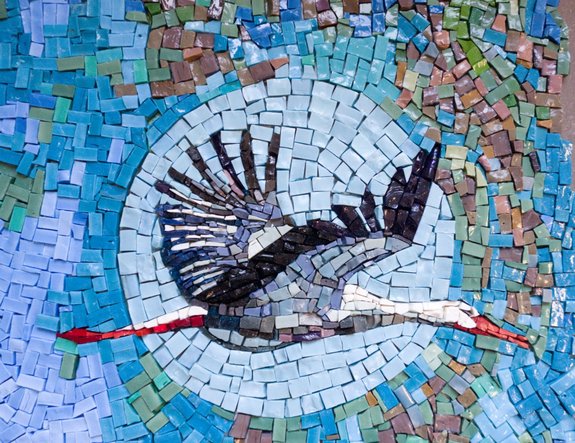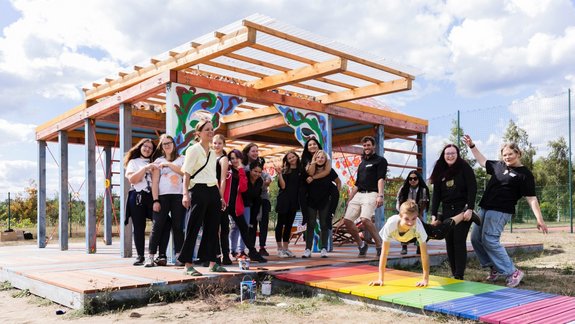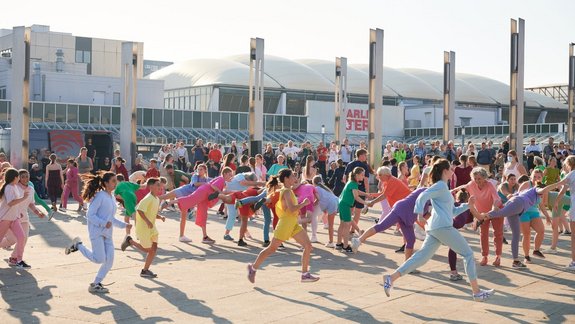+++CANCELLED+++
According to the recommendations of the Robert Koch Institute on the COVID-19 virus, the event has unfortunately been cancelled. We will inform you promptly about a possible new date for the event. You can find detailed information about the refund modalities of already purchased tickets HERE.
Tuesday, March 24, 2020, 7pm
@Grüner Salon/ Volksbühne Berlin
Panel discussion, in German
With
Alexander Koch, Director Gesellschaft der Neuen Auftraggeber
Christopher Lauer, publicist and former member of the Berlin House of Representatives
Paula Peters, Chief Global Officer Europe at change.org
Host: Pia Rauschenberger, journalist (Deutschlandfunk Kultur, amongst others)
From online petitions, a democracy festival in the Olympic Stadium, demands for liquid democracy, and civil disobedience in climate policy to bottom-up processes in Neue Auftraggeber projects, participation models currently being discussed have one thing in common: they conceive civil society participation beyond traditional representative-democratic processes.
Is this part of the oft-cited “crisis of democracy,” a symptom of lost trust in existing political institutions? Or, on the contrary, an assertive update to democracy as an expression of a contemporary, lively parliament of the many? And more importantly: are these effective instruments in the analogue and digital toolbox of civic engagement? What can we actually achieve with such tools? At the end of the parliamentary day, do they remain nothing more than fantasies of empowerment, politically ineffective feel-good clicktivism?
This evening will be dedicated to answering these questions. It will interrogate the ambivalences in current forms of collective self-empowerment. What is there to the concept of initiative democracy, which opposes being-represented to self-representation? Who speaks for who? Who is (or isn’t) part of the conversation? How does power figure in with this? And what is art’s role?
Photo: Tadashi Kawamata, Mémoire en demeure, 2003-2006, Saint-Thélo, France © Les Nouveaux Commanditaires
Funded by the German Federal Cultural Foundation. Kindly supported by the Senate Department for Culture and Europe and the Federal Agency for Civic Education.
